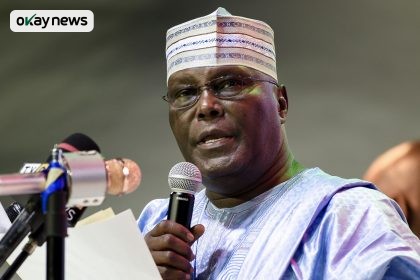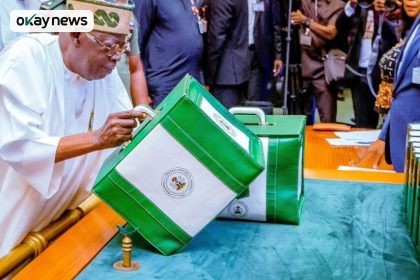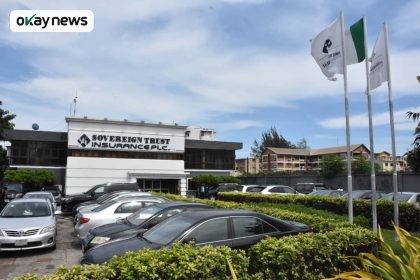The International Monetary Fund (IMF) has updated its economic growth outlook for Nigeria, projecting a stronger performance than previously anticipated. In its July 2025 World Economic Outlook (WEO) update, the IMF raised the forecast for Nigeria’s GDP growth to 3.4 percent for the year 2025, an increase of 0.4 percentage points from the 3.0 percent prediction released in April.
This revised projection extends to 2026 as well, with the IMF now expecting a growth rate of 3.2 percent, up from the earlier 2.7 percent forecast. These changes reflect a positive reassessment of Nigeria’s economic prospects amid improved global and regional conditions.
Globally, the IMF has also lifted its growth forecast for 2025 to 3.0 percent, a modest 0.2 percentage point increase compared to April’s outlook. For 2026, global growth is seen rising slightly to 3.1 percent. The upward adjustments indicate better-than-expected economic momentum worldwide.
Regionally, Sub-Saharan Africa is projected to grow by 4.0 percent in 2025, marking an increase of 0.2 percentage points, and to accelerate further to 4.3 percent in 2026. The IMF highlighted that economic activity in the region should remain “relatively stable” through 2025 before gaining stronger traction the following year.
Commenting on Nigeria’s forecast, Tunde Abidoye, Head of Equity Research at FBNQuest Merchant Bank, noted: “The IMF’s forecast of 3.4% is precisely in line with our in-house view based on the Nigeria Bureau of Statistics, NBS data points. I believe the upward revision likely reflects improved oil production and the strong performance of services. That said, the range-bound single-digit growth rate forecast still portends cautious optimism, as the growth is still too modest to tackle the poverty problem.”
Okay.ng reports that while the economic outlook has improved, the country faces critical challenges in translating growth into widespread socio-economic benefits. Monitoring oil output and domestic services will remain vital for sustaining momentum.







